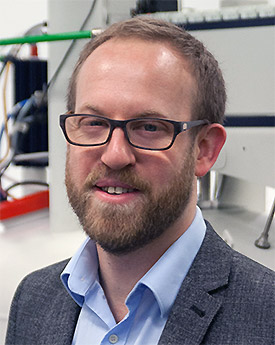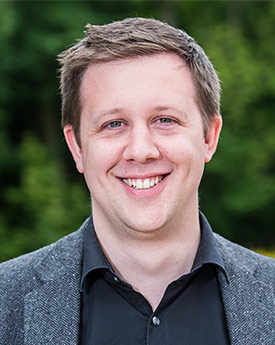Theme Leads
Dr John Hardy
Senior Lecturer in Materials ChemistryAnalytical and Spectroscopy Research Group, Physical and Analytical Chemistry
Dr Samuel Jarvis
Senior Lecturer in Nanoscale Materials CharacterisationEnergy Lancaster, Energy Storage, Molecular Scale Electronics, MSF Supervisors 2019/20, Quantum Nanotechnology, Quantum Technology Centre
Professor Kathryn Toghill
Professor in Sustainable Electrochemistry and Energy MaterialsElectrochemical and Surfaces Research Group, Energy Lancaster, Energy Storage, FST Sustainability Advisory Committee, MSF Supervisors 2019/20, Physical and Analytical Chemistry





